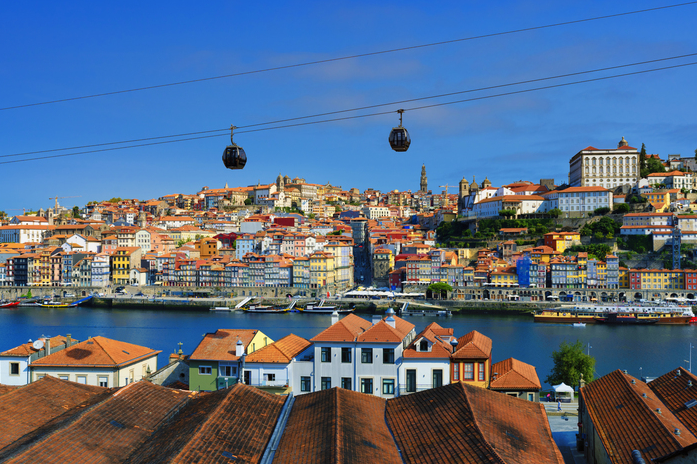Portuguese Language: History, Differences, and Global Influence
- doursoniy512
- Feb 7, 2025
- 3 min read
Portuguese is a widely spoken language with over 260 million speakers across multiple continents. As the official language of Portugal, Brazil, Mozambique, Angola, and several other nations, it holds significant cultural and economic importance. The language has evolved through centuries of history, influenced by various cultures and regions. With its rich literary tradition and global presence, Portuguese continues to grow in relevance, both as a native tongue and a second language for learners worldwide.
The Origins and Evolution of Portuguese
Portuguese traces its roots to Latin, introduced to the Iberian Peninsula by the Romans around the third century BCE. As the Roman Empire declined, regional variations of Latin emerged, eventually forming distinct languages. By the 13th century, Portuguese had developed into a separate language from Galician, and it became the official language of Portugal in 1290. Over time, Portugal's maritime explorations spread the language to Africa, Asia, and South America, further shaping its evolution. Today, Portuguese has multiple dialects, with European and Brazilian Portuguese being the most widely recognized variations. Visit Also
Differences Between European and Brazilian Portuguese
While both European and Brazilian Portuguese share the same linguistic foundation, notable differences exist in pronunciation, vocabulary, and grammar. Brazilian Portuguese features a more open and melodic pronunciation, while European Portuguese tends to be more closed and nasal. Vocabulary differences arise from historical and cultural influences, with Brazilian Portuguese incorporating words from Indigenous and African languages. Additionally, grammatical distinctions include differences in verb conjugations and pronoun usage. Despite these variations, speakers of both forms can understand each other with some adjustments.

The Role of Portuguese in Business and Culture
Portuguese plays a vital role in international trade, diplomacy, and cultural exchange. Brazil, as the largest Portuguese-speaking country, has a strong economy, making Portuguese an important language in global business. Additionally, Lusophone (Portuguese-speaking) countries in Africa, such as Angola and Mozambique, have growing economies and rich cultural traditions. Portuguese literature, music, and cinema have also gained international recognition, with works from authors like José Saramago and musicians like Caetano Veloso contributing to the language’s global appeal.
Learning Portuguese as a Second Language
Portuguese is an attractive option for language learners due to its growing influence and cultural richness. It is considered one of the easier languages for English and Spanish speakers to learn due to shared Latin roots. Beginners often start with Brazilian Portuguese because of its clearer pronunciation, though European Portuguese is also widely studied. Many universities and language institutes offer Portuguese courses, and online resources make it easier than ever to practice reading, writing, and speaking the language. Immersion in Portuguese-speaking countries can further enhance fluency and cultural understanding.
The Future of the Portuguese Language
Portuguese continues to expand its influence as global connections strengthen between Lusophone countries. Brazil’s economic power, Portugal’s role in the European Union, and African nations' rapid development all contribute to the language’s growing significance. Additionally, digital media and the internet have facilitated greater access to Portuguese-language content, encouraging more people to learn and use the language. As migration and cultural exchanges increase, Portuguese will likely remain a key global language for communication, commerce, and cultural exchange.
Portuguese is more than just a means of communication; it is a bridge connecting diverse cultures and histories. Whether spoken in Portugal’s historic streets, Brazil’s bustling cities, or Africa’s dynamic landscapes, Portuguese reflects a vibrant and evolving linguistic heritage.


Comments